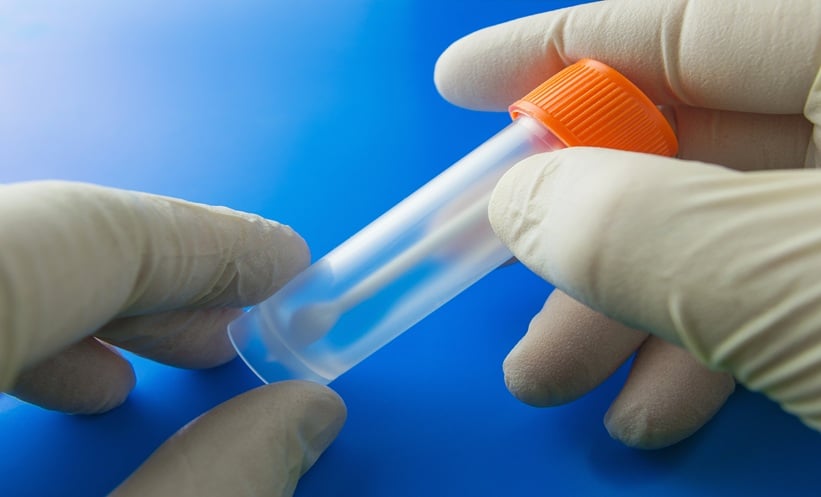IN a multicenter prospective study, researchers found that a stool-based tuberculosis test could help detect TB in adults living with HIV, particularly among those with low CD4 counts. The findings offer a promising supplement to current diagnostics, especially for patients who cannot produce sputum or have smear-negative disease.
The study, conducted across outpatient and inpatient health centers in Eswatini, Mozambique, and Uganda, enrolled 677 adults (64% women) with HIV and suspected pulmonary tuberculosis. The researchers assessed the diagnostic performance of the stool-based text, Xpert MTB/RIF Ultra (Ultra; Cepheid, Sunnyvale, California, USA), using a simple one-step processing method and compared it against a composite microbiological reference standard (CMRS) comprising urine TB-LAM, sputum Ultra, and sputum culture.
Overall, stool Ultra demonstrated a sensitivity of 23.7% (28/118) and a specificity of 94.0% (504/536). In participants with CD4 counts ≤200 cells/μL, a group at higher risk of TB, the sensitivity increased to 45.5%, compared with 21.3% in those with higher CD4 counts. This highlights stool Ultra’s potential utility in the most immunocompromised patients.
While urine TB-LAM detected the highest proportion of TB cases (71% of confirmed cases), stool Ultra contributed added diagnostic value: 23% more cases than sputum Ultra, 29% more than sputum culture, and 33% more than TB-LAM. Its overall diagnostic yield in all treated participants was 9%, exceeding both sputum Ultra (6%) and culture (4%).
Although stool Ultra is not a standalone diagnostic tool, the results underscore its potential as an additional option, especially in settings where sputum collection is difficult or CD4 counts are low. These insights could influence TB diagnostic strategies in high-risk, resource-limited settings and help reduce missed diagnoses among people with HIV.
Reference: Kasule GW et al. Performance of stool Xpert MTB/RIF Ultra for detection of Mycobacterium tuberculosis among adults living with HIV: a multicentre, prospective diagnostic study. Lancet Microbe. 2025;101085. [Epub ahead of print].








